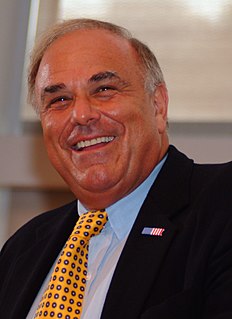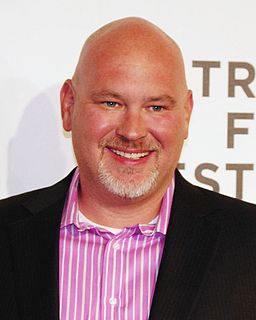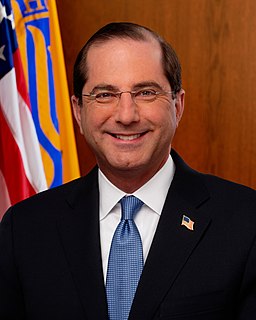A Quote by Margaret Thatcher
Yet the basic fact remains: every regulation represents a restriction of liberty, every regulation has a cost. That is why, like marriage (in the Prayer Book's words), regulation should not "be enterprised, nor taken in hand, unadvisedly, lightly, or wantonly"
Related Quotes
I think (fantasy football) has become something that needs to be looked at in terms of regulation. Effectively, it's day trading without any regulation at all. When you have insider information, which has apparently been the case, when you have people who use that information, use big data to try and take advantage of it, there has to be some regulation. If they can't regulate themselves, then the NFL needs to look at moving away from them a little bit, and there should be some regulation.
Regulation has gone astray. . . . Either because they have become captives of regulated industries or captains of outmoded administrative agencies, regulators all too often encourage or approve unreasonably high prices, inadequate service, and anticompetitive behavior. The cost of this regulation is always passed on to the consumer. And that cost is astronomical.









































